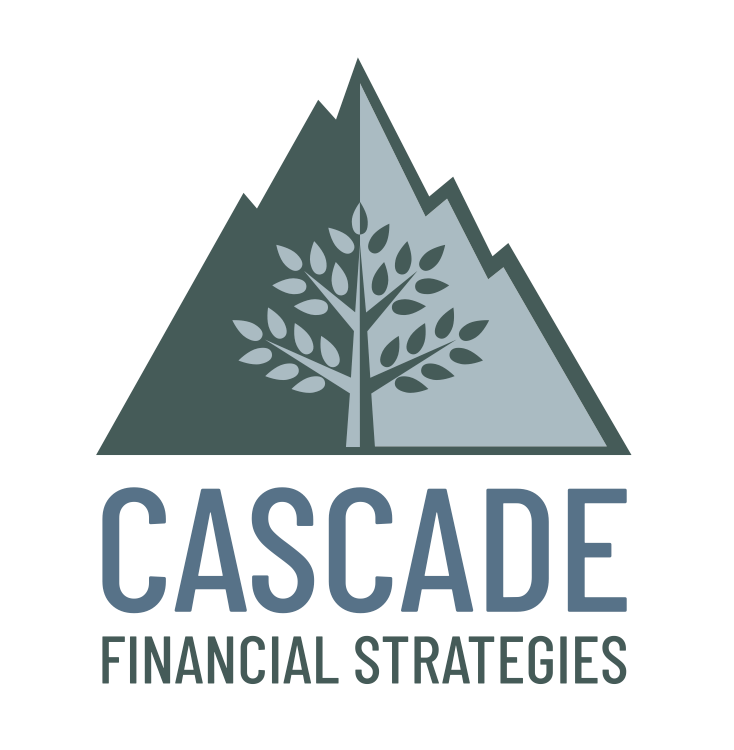OK, I admit, the title is not exactly true. But two reasons just did not sound like enough to grab your attention. They’re both very good ones and we will end up with five at the end:
1) For the planet . . . if you believe Climate Change is a reality.
2) For your wallet . . . and you don’t even have to fully subscribe to the dire predictions made by many about the impacts a warming earth would have.
For the Planet:
Last year the Intergovernmental Panel on Climate Change warned that giant oil and coal companies will have to leave roughly 80% of their reserves in the ground in order to avoid catastrophic effects on the environment. Currently these companies are planning to extract, sell and promote the use of these vast reserves. According to the scientists, this process alone will be enough to cause irreversible environmental destruction.
For your wallet (the other 4 reasons to consider divesting):
My business is investing and financial planning. Therefore my focus and expertise is naturally directed toward the investment impact of the holdings I select in portfolios.
2a) Stranded Assets – See above.
Fossil fuel companies are counting their underground reserves as positive assets on their balance sheets. If they are somehow prevented from ever accessing these assets, then their removal from company books will have a dramatic effect on share prices. I do not want to own these companies if and when this occurs.
2b) Diminishing government subsidies.
The oil industry in particular has received preferential treatment through tax breaks and other subsidies. One reason for this is that oil has historically been tied to national security issues. With the recent supply glut and the advancement of alternative energy sources combined with public pressure, this preferential treatment has waned and will likely continue to do so. Carbon taxes are also a real possibility in the near-term that would cut into profits for fossil fuel companies.
3c) Alternative (or renewable) Energy is on the rise.
Solar, wind and hydroelectric power, along with biofuels, have made huge strides in recent years. The newly released Renewables 2015 Global Status Report states that “Renewable energy broke another record last year, accounting for over 60% of net addition to the world’s power capacity, led by installations for wind and solar photovoltaic.” (REN21 Renewables 2015 Global Status Report) Technology is advancing rapidly which has decreased costs and increased output and efficiency. As an investor I would rather own companies on the forefront of innovation that are positioned to potentially experience growth at a much faster pace than fossil fuel companies.
2d) Everybody’s doing it!
Well, maybe not everybody, but the Rockefellers and the Cardinals have, CalPERS, the Church of England, 12 colleges and universities, 27 cities, two counties, 30 religious institutions, and 27 foundations in the U.S. and around the world have pledged to divest or have done so already. Much of the divestment movement has been led by the generation that will obtain control of most assets, the Millennials. Demand is one of the most powerful investment movers. There is already significant momentum driven by demand towards alternative energy related companies (Think Tesla Motors), and away from fossil fuel companies (have you seen the movement in the price of oil over the last year?).
If any or all of these points have convinced you to at least take a look at divesting your own portfolio, we would be happy to provide you with a “Guide to Personal Divestment and Reinvestment”. Shoot us an email and we’ll send it your way. If you’d like to take action immediately, you might also consider taking the Divestment Pledge. Here’s to having alternatives!
Categories Socially Responsible Investing (SRI), SRIBend.com Tags Alternative Energy, Climate, Divestment, Environment, Fossil Fuels, Renewable Energy, SRI, Stranded Assets
Post navigation
SRI Benefits for local Businesses
GET STARTED WITH A COMPLIMENTARY PORTFOLIO IMPACT ASSESSMENT
CONTACT US
Phone: 541-678-5475
Fax: (541) 678-5476
E-mail: [email protected]
The post 5 Reasons to Consider Divesting from Fossil Fuels appeared first on Cascade Financial Strategies.
LINKS:
HOURS
- Mon - Fri
- -
- Sat - Sun
- Closed
ADDRESS
243 SW Scalehouse Loop, Suite 1A,
Bend, OR 97702
PHONE
A Registered Investment Advisor
Investment Advice is offered through Cascade Financial Strategies, a registered investment advisor licensed in Bend, Oregon, California and Idaho (We also operate in other states under the "de minimis" exemption, meaning having five or fewer clients within that state).
An investment advisor or IA rep may only transact business in a particular state after licensure or satisfying qualifications requirements of that state, or only if they are excluded or exempted from the state’s investment advisor or IA rep requirements; and follow up, individualized responses to consumers in a particular state by investment advisor or IA rep that involve either the effecting or attempting to effect transactions in securities or the rendering of personalized investment advice for compensation, shall not be made without first complying with the state’s investment advisor or IA rep requirements, or pursuant to an applicable state exemption or exclusion. For information concerning the licensure status or disciplinary history of an investment advisor or IA rep, please do not hesitate to contact your state securities law administrator. Cascade Financial Strategies
Sign Up for Our Monthly Article
We will get back to you as soon as possible.
Please try again later.



